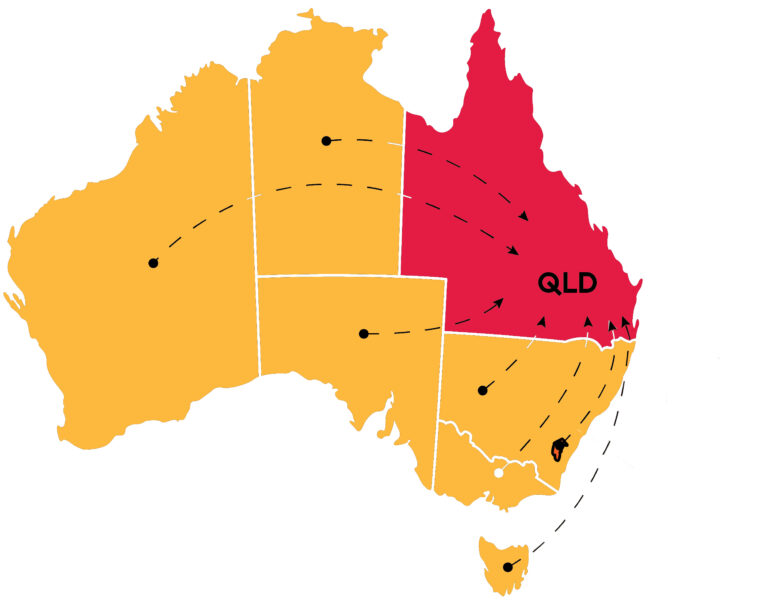More often than not, borrowing money in order to invest in property proves to be a cost-effective method. This is because, over time (generally speaking) rental prices rise, the value of your property increases and so too does your income. But, when using finance to invest in property, there are things you need to consider in order to make an informed decision on what is the best type of finance for you, your budget and your circumstance. Plus, here are some types of finance you may not have considered that are available to you as a property investor within Australia.
1. Set an investment budget
Prior to investing, it is essential that you assess your budget. You need to have a clear understanding of the amount of debt you are able to take on and the total amount of repayments you can afford. An investment property is a long-term commitment, so it is essential that in situations – such as the rental income not covering the total costs of that property – that you will be able to cover the costs. You don’t want to be facing the worst-case scenario of having to sell your investment property prematurely.
2. Interest-only loans for property investments
One of the finance options available to Queensland property investors is an interest-only loan. What this means is that your repayments only amount to the loan’s interest, with no principle debt included in the repayment total. This is a great option for anyone looking to keep their total monthly repayments to as small an amount as possible. The theory behind this type of finance is that if there is capital growth the property investor can sell at a profit, while only ever having had to address the interest costs.
These loans are considered higher risk, as they rely entirely on capital growth. With no principal debt having been repaid, there is no equity available to you. Within Queensland, generally an interest-only loan incurs a higher interest rate than interest plus principal debt loans. So, if you have to prematurely sell your investment property or there has been no capital growth, you will lose money.
3. Self-managed superannuation to finance property investments
Australia has detailed legislation available to those looking to self-managed their Superannuation fund, as well as using your self-managed super fund (SMSF) to invest in real estate. There are some restrictions you should make yourself aware of should this finance option be of interest to you, but you should also know there are excellent tax advantages available to you when you invest in property through your SMSF. Make sure to visit the Australian Securities & Investment Commission’s (ASIC) website page outlining SMSF’s and Property.
When it comes to securing finance in order to invest in property, it is recommended that you seek advice from a qualified Australian financial planner as well as a mortgage broker.










